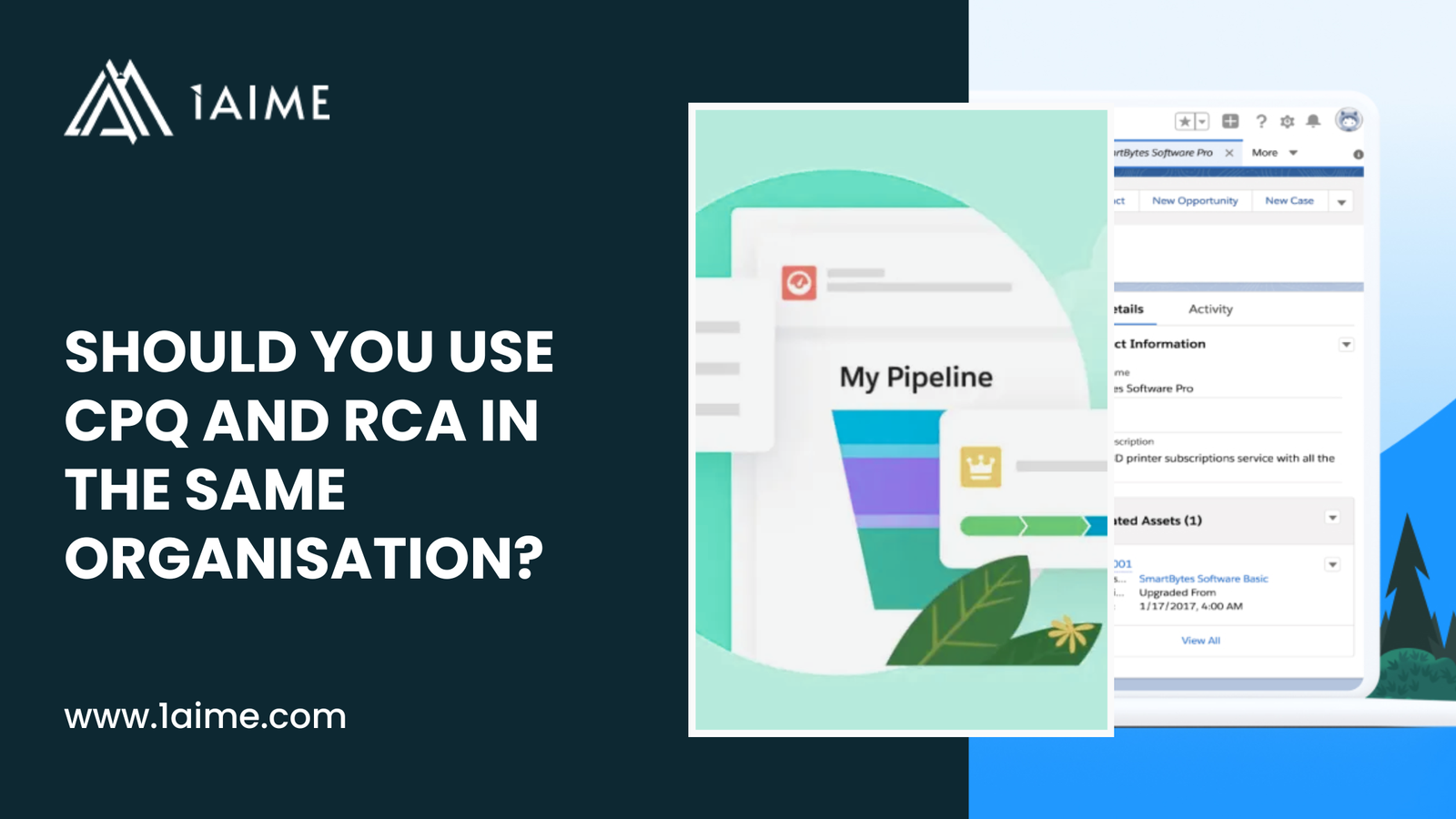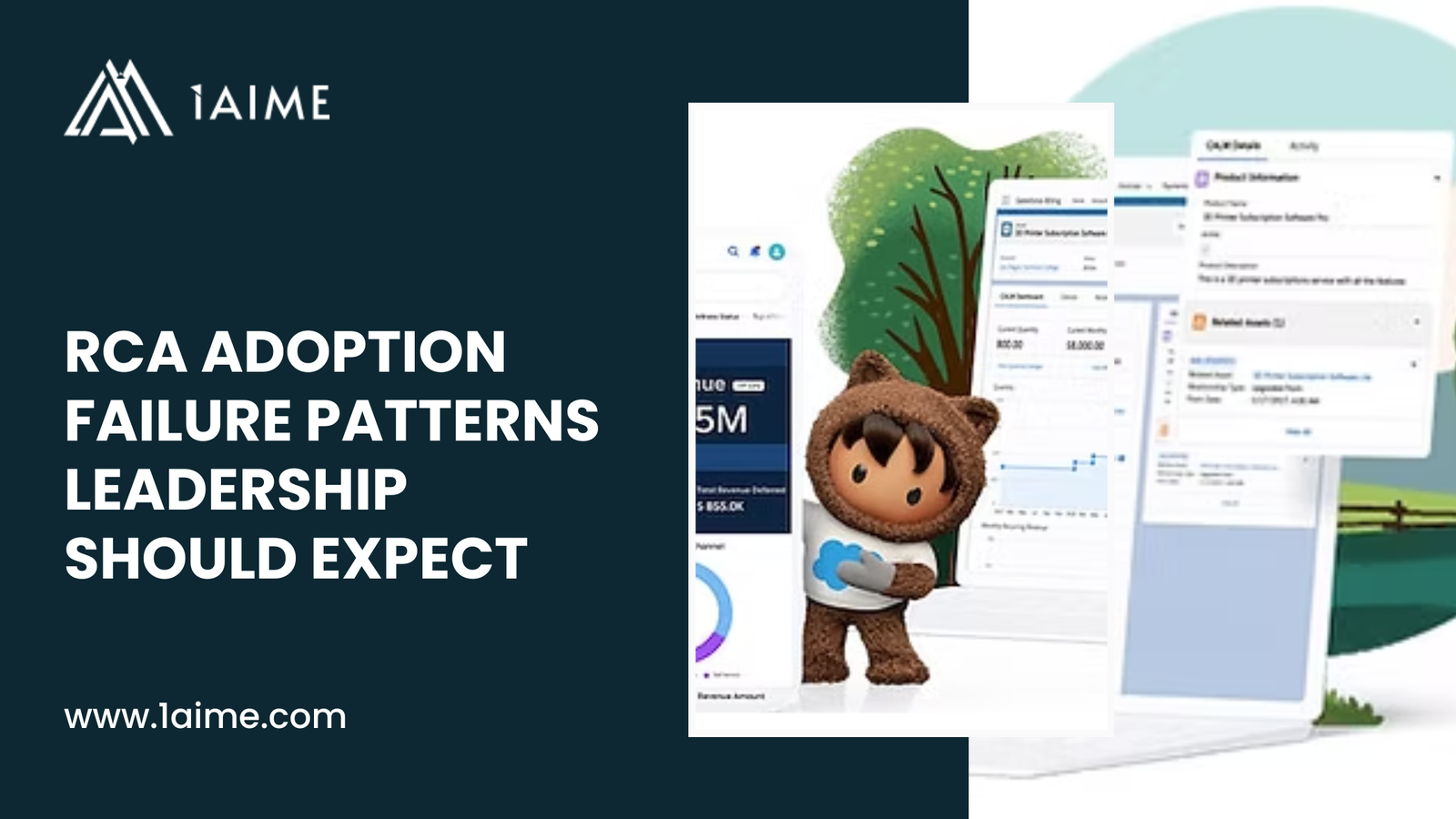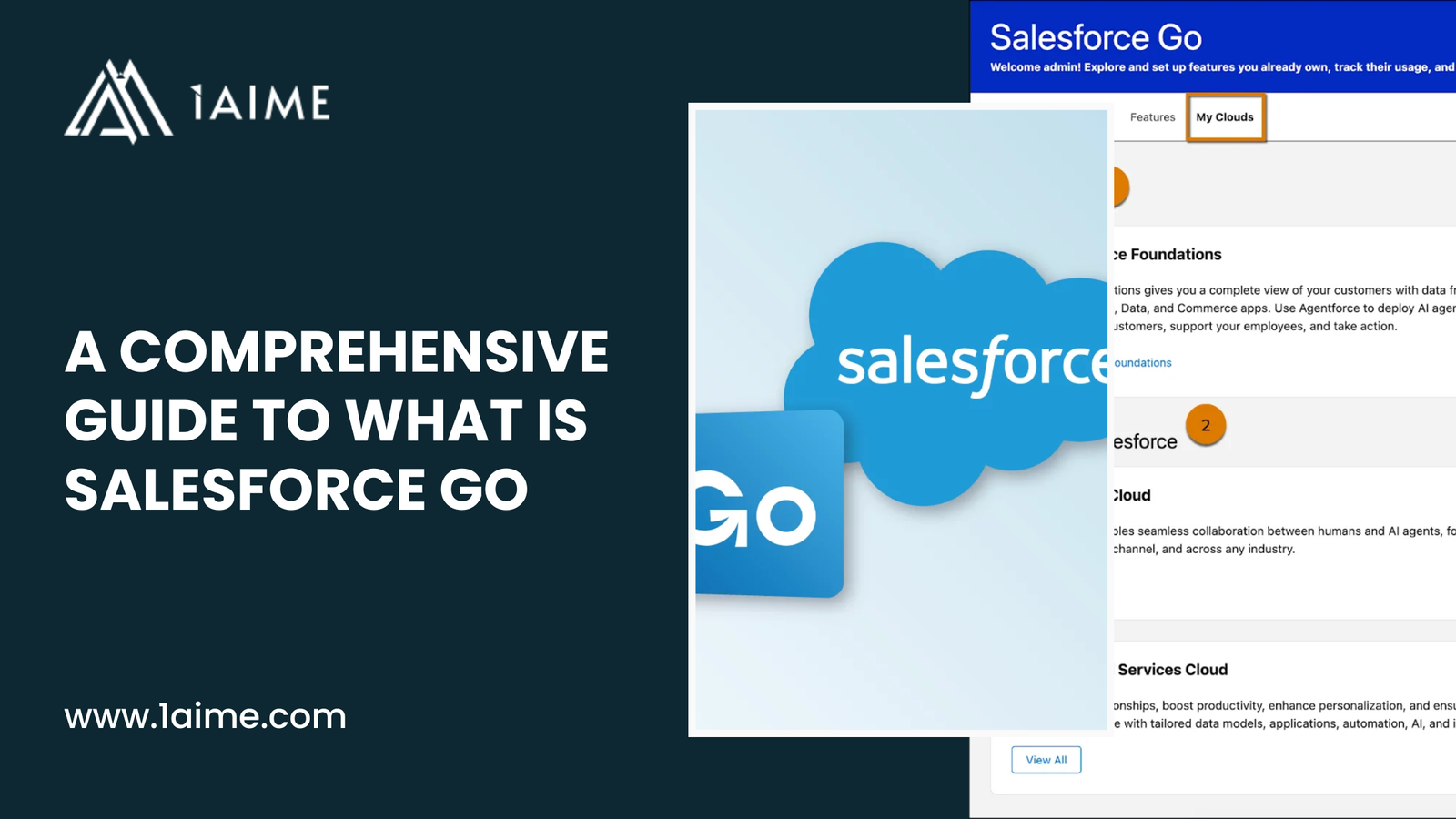Salesforce Einstein is the AI layer embedded into the Salesforce Customer 360 platform. It combines predictive, generative, and conversational AI capabilities to automate tasks, generate insights, and personalise experiences across sales, service, marketing, commerce, and analytics.
Einstein uses machine learning, natural language processing (NLP), and large language models (LLMs) to analyse CRM and external data, enabling recommendations, forecasting, and content creation inside business workflows.
Evolution of Einstein
- 2016 – Salesforce introduced Einstein as a predictive analytics engine inside CRM, offering lead scoring, opportunity insights, and service case classification.
- 2018–2020 – Expanded into marketing and commerce with recommendation engines, personalised email content, and Einstein Bots.
- 2021–2023 – Integration with Tableau and CRM Analytics, plus Einstein Discovery for explainable machine learning.
- 2023–2024 – Launch of Einstein GPT (the first generative AI for CRM), introducing auto-generated sales emails, service replies, and code.
- 2024–2025 – Transition into Agentforce, where Einstein evolved into autonomous, reasoning AI agents capable of performing multi-step business tasks with minimal human input.
Also Read: Salesforce AgentForce: Let’s Clear Up the Big Questions
Why Einstein AI Matters?
Let’s say you run a sales team in a SaaS company. Your reps spend hours each week chasing leads, updating the CRM, and trying to guess which opportunities will actually close. Pipeline reviews become guesswork, and promising deals often slip through the cracks.
Now, if you place Salesforce Einstein AI at the center, the process looks very different:
- Einstein Lead Scoring highlights which new trial sign-ups have the highest probability of converting, based on patterns in your historical deals.
- Einstein Opportunity Scoring gives your reps a 1–99 score on each active deal, showing exactly where to focus follow-up.
- Einstein GPT drafts personalised outreach emails for those high-scoring prospects, pulling in context from CRM data and past interactions.
- Einstein Forecasting builds predictive revenue models, so leadership can see early whether targets are at risk.
- Conversation Insights analyse rep–prospect calls, surfacing objections and competitor mentions that would otherwise get lost in notes.
The difference is clear:
- Reps reclaim time they would have spent writing emails and logging activities.
- Managers coach smarter because they can see where deals stall.
- Forecasts go from educated guesses to data-driven predictions.
There’s a public Salesforce case study of a mid-market SaaS company, which revealed that Einstein boosted win rates by 25% and cut average sales cycles by nearly 20%. See, this shows the measurable impact of embedding AI directly into workflows.
Einstein for Sales: Driving Pipeline Performance
Sales teams today face pressure to do more with less — shorter sales cycles, higher quotas, and increasingly complex buying journeys. Time lost on manual CRM updates or low-quality leads directly erodes performance. Einstein for Sales transforms this reality by embedding predictive and generative AI into every stage of the sales cycle.
Einstein-powered capabilities for sales include:
- Lead Scoring ranks prospects by conversion likelihood, helping reps prioritise where to spend their energy.
- Opportunity Scoring flags deals most likely to close, guiding focus to high-value accounts.
- Activity Capture automatically syncs emails and calendars, eliminating hours of manual data entry.
- Forecasting generates accurate revenue predictions with AI-driven insights.
- Sales Emails and Insights produce personalised, contextual outreach that accelerates engagement.
- Conversation Intelligence surfaces themes, objections, and competitor mentions from call transcripts.
Let’s suppose you run a manufacturing company. What’s your biggest challenge? Most leaders point to long buying cycles, too many decision-makers, and stalled distributor deals.
Einstein for Sales tackles all the pain points directly. It scores incoming leads using firmographic data and historic win patterns, so reps focus on the accounts most likely to convert. For instance, when a procurement manager reviews a quote, Einstein generates a personalised follow-up that highlights service add-ons or maintenance packages. At the same time, forecasting dashboards give leadership early visibility into which distributor contracts are on track to close this quarter.
The outcome is sharper targeting, reduced sales friction, and a pipeline that delivers predictable growth in a traditionally slow-moving industry.
Einstein for Service: Scaling Customer Experiences
Einstein for Service is Salesforce’s AI suite designed to transform customer support by combining predictive intelligence, automation, and generative capabilities inside Service Cloud. It empowers agents with real-time recommendations, automates repetitive tasks, and gives leaders the insights needed to continuously improve service delivery.
Einstein-powered capabilities for service include:
- Einstein Bots automate routine enquiries, giving customers instant answers.
- Case Classification and Routing predict case values and assign enquiries to the right agent.
- Work Summaries auto-generate case wrap-ups, saving agents from manual documentation.
- Next Best Action suggests tailored steps for faster resolution.
- Recommendation Builder provides AI-powered article or product recommendations.
- Service Replies and Reply Recommendations generate accurate, personalised responses in chat or email.
- Conversation Mining analyses contact reasons to uncover recurring issues.
Let’s suppose you run a healthcare provider. What’s your biggest challenge? Many providers face overwhelming call volumes from patients checking results, rescheduling appointments, or asking basic questions.
Einstein Bots deflect common queries instantly, freeing agents to focus on sensitive cases. Einstein Case Routing ensures urgent matters, such as medication issues, are sent directly to the right specialist. Agents receive AI-drafted summaries and suggested replies, cutting minutes off every case. Leadership benefits from conversation mining, which highlights recurring patient pain points and informs long-term service improvements.
The outcome is reduced wait times, improved patient satisfaction, and service teams empowered to focus on delivering care rather than repetitive admin.
Einstein for Marketing: Personalising Campaigns at Scale
Einstein for Marketing is Salesforce’s AI engine for driving smarter, more personalised customer journeys. It combines predictive models with generative AI to help marketing teams craft content, optimise engagement, and deliver the right message at the right time. Instead of relying on guesswork, marketers can use Einstein to anticipate customer behaviour, score engagement, and automate campaign decisions across channels.
Einstein-powered capabilities for marketing include:
- Engagement Scoring and Frequency to predict who will interact with messages and when to pause outreach.
- Send Time Optimisation to deliver campaigns at the best moment for each contact.
- Content Insights and Copy Generation to test language, subject lines, and creative options.
- Web and Email Recommendations to deliver real-time personalised content.
- Campaign Insights and Attribution to identify what drives conversions and where budget should go.
- Next Best Action to surface tailored offers across touchpoints.
Let’s suppose you run a retail fashion brand. What’s your biggest challenge? Many brands waste ad spend because campaigns target broad audiences with generic offers.
Einstein Engagement Scoring helps you see which customers are most likely to interact. Einstein Send Time Optimisation ensures your email about a limited spring collection lands exactly when the customer is most active. Web Recommendations show returning shoppers outfits that match their browsing history. Marketing leaders get AI-powered attribution models that show which channels are actually driving sales, which allows them to reallocate budgets with confidence.
The outcome is sharper targeting, lower acquisition costs, and a measurable lift in campaign ROI.
Einstein for Commerce: Converting with Personalisation
Einstein for Commerce brings predictive and generative AI directly into the shopping experience. It equips retailers and e-commerce brands with tools to optimise search, personalise recommendations, and create content at scale. Instead of static catalogues and one-size-fits-all promotions, Einstein tailors every interaction in real time, boosting both customer satisfaction and revenue.
Einstein-powered commerce capabilities for commerce include:
- Smart Promotions that target buyer groups in multiple languages.
- AI Search Suggestions that guide shoppers to relevant items quickly.
- Predictive Sort and Complete-the-Set to present tailored collections and bundles.
- Personalised Recommendations based on browsing and purchase behaviour.
- Commerce GPT for automated product descriptions and content creation.
- Returns Insights to identify patterns and reduce costly returns.
Let’s suppose you run a global home décor retailer. What’s your biggest challenge? Many brands lose customers because product discovery feels clunky and irrelevant.
With Einstein Search Recommendations, a shopper searching for “wooden lamp” is instantly shown curated options based on their past browsing. Commerce GPT generates on-brand descriptions in multiple languages, helping you scale into new regions. Predictive Sort ensures high-margin seasonal items rise to the top of search results. Returns Insights flag products frequently sent back, giving you the signal to adjust photos, descriptions, or sizing guides.
The outcome is a smoother shopping journey, higher average order values, and measurable reductions in return rates.
Einstein Adoption Framework
It is important for C-suite leaders to approach Einstein adoption with a strategic lens, not as a technical add-on. After all, its value lies in aligning AI with business outcomes, governance, and cultural readiness.
Yes, you need to treat Einstein as part of your enterprise strategy. Only then you can ensure that investments translate into measurable performance gains, stronger customer trust, and scalable innovation across the organisation.
1. Plan for Einstein Adoption
- Assess Readiness: Review your current Salesforce data quality, integrations, and workflows. Poor data = poor AI outcomes.
- Define Objectives: Link Einstein to business priorities (e.g., shorten sales cycle, reduce support backlog, increase campaign ROI).
- Secure Leadership Buy-In: Ensure executive alignment on budget, compliance, and change management.
- Select Use Cases: Start small (lead scoring, case routing, personalised emails) before moving to multi-agent orchestration.
2. Configure Your Environment
- Data Cloud Foundation: Cleanse and unify customer data across channels.
- Set Up Trust Layer: Establish guardrails, security policies, and ethical AI guidelines.
- Choose Tools: Decide whether to use out-of-the-box Einstein apps, Prompt Builder, or custom Model Builder.
- Sandbox Testing: Configure AI features in test environments before production rollout.
3. Implement in Salesforce Workflows
- Embed AI into Processes: Place Einstein insights directly in Sales Cloud, Service Cloud, or Marketing Cloud records.
- Launch Agents via Agentforce: Automate repetitive tasks with SDR Agents, Service Agents, or Internal Copilots.
- Train Teams: Provide role-specific enablement so users trust and adopt AI recommendations.
- Pilot Rollout: Start with one department (sales or service) before enterprise-wide deployment.
4. Optimise and Measure
- Monitor KPIs: Track adoption (login rates, AI recommendations accepted), efficiency (time saved), and impact (pipeline growth, CSAT lift).
- Refine Prompts & Models: Adjust Prompt Builder templates and tune predictive models for higher accuracy.
- Feedback Loops: Collect frontline feedback to adjust workflows and prevent “jagged intelligence” gaps.
- Iterate: Treat Einstein as a living system—models need retraining and prompts need refreshing.
5. Govern and Ensure Compliance
- Human-in-the-Loop: Keep humans reviewing critical AI decisions.
- Audit & Logging: Use Einstein Trust Layer to track model decisions, prompt injections, and data access.
- Ethics Framework: Embed Salesforce AI ethics principles (safety, fairness, transparency).
- Risk Management: Review bias, hallucinations, and regulatory requirements regularly.
6. Scale Across the Enterprise
- Cross-Domain Orchestration: Move from sales-only to multi-cloud orchestration across marketing, commerce, and service.
- Custom LLMs via Model Builder: Deploy industry-specific or proprietary models (e.g., insurance claims, legal contracts).
- Multi-Agent Collaboration: Enable Einstein agents to collaborate (SDR → Service → Finance) for end-to-end automation.
- Continuous Education: Leverage Trailhead, Salesforce events, and partner support to keep users updated.
Partner With 1AIME to Get Started with Einstein AI
Einstein adoption requires a structured strategy and clear execution. 1AIME helps C-suite leaders move from planning to measurable results with confidence.
Partner with 1AIME to turn Einstein AI into a driver of growth, trust, and operational excellence. Our team guides every stage: readiness assessment, data alignment, pilot use cases, prompt design, and enterprise-wide scaling.
Schedule a 30-min consultation and activate the full potential of Salesforce AI with 1AIME.
Or request AIMCheck audit that surfaces all inefficiencies and risks early to ensure your AI journey builds on trusted data and delivers ROI clarity.




